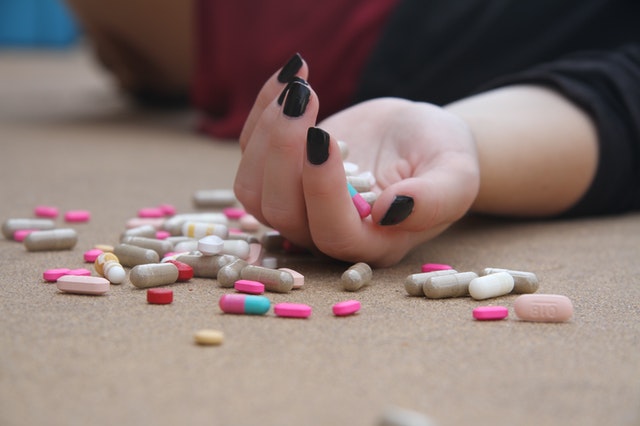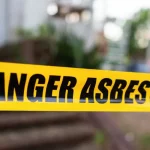
Image Source: Pexels
Warning signs are quiet, subtle and often difficult to detect. This goes for almost everything in life, including your teenager.
Teenagers, no matter where in the world they are living, will be exposed to drugs (whether prescriptions or otherwise). Unfortunately, there is nothing we can do to stop this. All that we can do is to hope that we educate our children correctly, equipping them with the inner tools that they need to make the right decisions.
Take a look at the following warning signs that your teenager could be experimenting with drugs.
1. Past History
Let’s start at the beginning. If you want to know what risk your child is facing for developing addictive behavior, take a look at your family history. This is an uncomfortable subject, but it is a meaningful conversation to have. If there is a family history of addiction, be open with your child about it- talk honestly. Watch your child’s reaction, and note if there is an unwarranted defense behavior. Talk with your child about gateway drugs. Find out more details about gateway drug so that you can educate your child.
2. Low Self Esteem
Low self-respect and esteem can be the trigger for many pressing issues in a teenagers life. Problems with self-respect can result in increased vulnerability, and increase the likelihood of falling to peer pressure. Never say or do anything to break down your child’s self-esteem. From the start, be conscious of the languaging you are using and be mindful of how you are teaching your child to view him or herself.
3. Rebellious Personality
Has your child always been a bit on the free-spirit or rebellious side? Or has your child suddenly become a rebel in his or her teen years? If you have noticed a drastic change in your teen, and they have suddenly developed into a rebel, then this radical change is an indicator for you.
4. Change in Sleeping Patterns
Most young children, and teens, have an expanse of energy. However, if you find your child developing into a sluggish or fatigued nature, then you should be wary. Drugs can wreak havoc with the adrenal and nervous system, causing fatigue and disruptions in the sleep-wake cycles.
5. Depressive Behavior
Most of the time, drug use leads to depression or depressive episodes. Drugs interact with chemicals and hormones in the brain, and this causes the signs of depression. If you notice this in your child, pay attention and seek professional help as soon as you can.
6. Change in Appearance
All teenagers will experiment with their style and image. However, if you notice a dramatic difference, then you should take that as a warning sign. Also, the physical symptoms of drug use include:
- Runny nose
- Glazed eyes
- Watery eyes
- Bloodshot eyes
- Constant coughing
Also, notice how your child is approaching personal hygiene and if he or she begins to lose weight.
7. Secretive
Again, this behavior is typical of teenagers. But you need to decide if your teen’s secretive behavior is a result of hiding drug use or not.
8. Mental Fog
Take care to notice if your child becomes forgetful or starts to appear confused and dazed.
Seek out professional help if you believe your child is developing a drug problem.
About The Author:
Stacey Smith is a freelance health writer. She is passionate to write about women’s health, dental health, diabetes, endocrinology and nutrition and provide in-depth features on the latest in health news for medical clinics and health magazines.

![[Infographic] Fostering Emotional Intelligence in Children Through Parental Self-Understanding Emotional Intelligence in Children](https://www.safeandhealthylife.com/wp-content/uploads/2023/10/Emotional-Intelligence-in-Children-150x150.webp)


